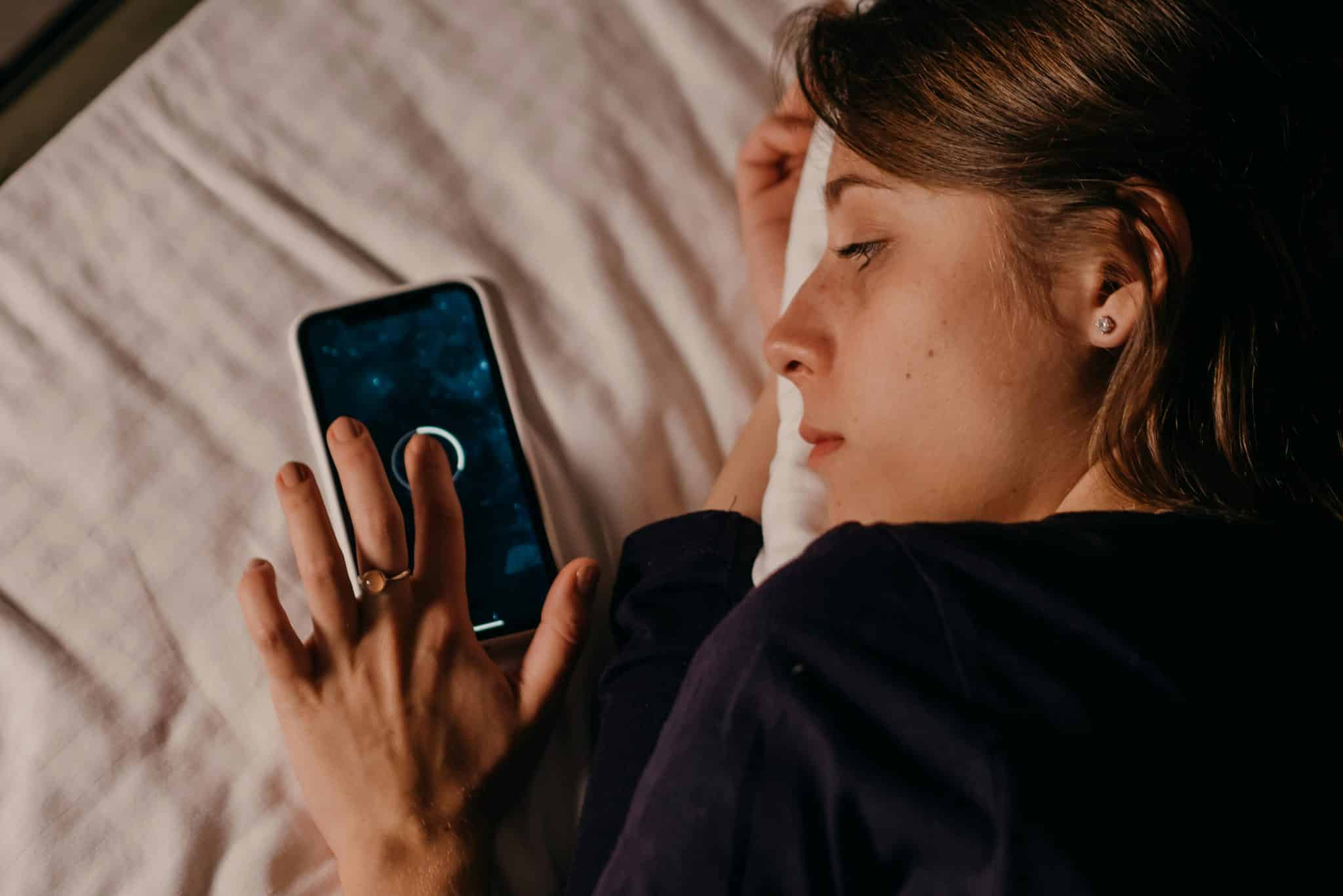The Benefits of a Digital Detox in 2025

TL;DR:
- The average person checks their phone 96 times a day and it’s rewiring your brain.
- Gen Z is leading a revolution of digital detox in 2025, embracing dumbphones and silent retreats.
- A short digital reset can improve sleep, focus, and emotional regulation, often within 48 hours.
- Science backs the power of boredom and silence for neuroplasticity and creativity.
- Billionaires, CEOs, and artists alike protect their focus by unplugging. Here’s how you can too.
Why Constant Connectivity Is Breaking Your Brain
Most people check their phone every 10 minutes but, they don’t realize it. Studies show the average person unlocks their phone 96 times per day, often unaware of just how much their attention is splintered. It’s not just a bad habit, it’s a form of cognitive rewiring.
Every ping, buzz, and notification hijacks your dopamine system, conditioning your brain for immediate gratification and making deep focus nearly impossible. Over time, this leads to digital fatigue, shortened attention spans, and impaired sleep.
📌 According to Exploding Topics, our attention spans have dropped from 12 seconds (in 2000) to just 8 seconds today.
When every app is engineered to steal your attention, “just putting the phone down” doesn’t work. That’s where digital detox in 2025 becomes a necessary intervention, not a luxury.
Signs You May Need a Digital Detox in 2025
Your body and mind often give early warning signs when your tech use is out of control:
✅ Tech Neck – Pain or tension in your neck from looking down at devices.
✅ Eye Strain – Reduced blinking causes dryness and fatigue/
✅ Nomophobia – Anxiety when separated from your phone (affects 66% of adults).
✅ Phantom Vibrations – Feeling notifications that aren’t real as your nervous system is in overdrive.
✅ Emotional Irritability – Frustration, overwhelm, or withdrawal from real-life relationships.
These symptoms aren’t flaws in discipline—they’re natural responses to overstimulation. The good news? They’re reversible with a digital detox in 2025.

What Happens When You Unplug
Most people feel the benefits of reduced screen time in just 24–48 hours:
- Better Sleep – Blue light disrupts melatonin; cutting screens restores natural rhythms.
- Sharper Focus – Attention becomes sustainable again.
- Lower Anxiety – Reduced digital input calms the nervous system.
- Deeper Relationships – Presence improves when devices aren’t a barrier.
- Increased Creativity – Boredom allows for insight, problem-solving, and imagination.
- More Productivity – Less task-switching means more output in less time.
- Physical Relief – Neck, eyes, and posture all benefit from screen breaks.
“Freedom helps you block distractions across all your devices, so you can focus on what matters, not just what’s buzzing.”
Explore our tools for digital well-being →
Why Even Analog Natives Got Need A Digital Detox In 2025
Boomers and Gen Xers, once raised on boredom, books, and landlines are now as digitally addicted as younger generations. Adults over 50 now spend 5+ hours daily on their phones.
This isn’t about willpower. It’s about the dopamine loops built into modern tech. Research in Computers in Human Behavior reveals that even a lifetime of analog habits can’t fully protect against algorithmic reinforcement.
Constant alerts and infinite scrolls activate the same neural pathways seen in substance addiction. No generation is immune from the effects, making digital detox in 2025 a universal need..
Gen Z’s Flip Phone Rebellion
Ironically, it’s Gen Z, raised on smartphones who are now driving the digital detox revolution. According to Worklife News, 81% of Gen Z workers wish disconnecting at work were easier, and the same percentage support regular digital detoxes in workplace culture.
They’re also fueling a dumbphone revival. Searches for basic, internet-free phones have surged. Hashtags like #bringbackflipphones are trending across platforms promoted by the very people they aim to help unplug.
Read more on Gen Z’s shift to simplicity →
Neuroplasticity: How Digital Detox In 2025 Can Rewire Your Brain Fast
Good news: your brain isn’t broken, it’s adaptable. Studies show that one week of reduced digital input can:
- Improve mood
- Boost focus
- Enhance sleep quality
After two weeks, brain scans show:
- Decreased anxiety-related activity
- Increased activation in focus and creativity centers
When you embrace boredom and practice a digital detox in 2025, you reactivate the Default Mode Network, the brain’s zone for deep thought, insight, and imagination. That’s where your best ideas are born.
Learn more about boredom as a superpower →
Why High Performers Block Distractions
Warren Buffett doesn’t check emails all day. Bill Gates takes “Think Weeks” off-grid. Jeff Bezos protects his peak hours. Why? Because focus is a competitive advantage.
Notable creators like SZA, Lupita Nyong’o, and Hugh Jackman all engage in silent retreats to reset and recalibrate. Silence isn’t absence, it’s presence. And it’s where creativity flourishes.
SZA called her 8-day silent retreat in India “transformative.” Oprah Winfrey attributes her success in part to regular unplugged meditation. Their message? Inner calm isn’t optional, it’s essential.

Take Back Your Mind With Freedom
We live in an economy powered by attention. Digital detox in 2025 is essential because if you can focus, you have an edge.
Most people treat digital detoxing like a crash diet. But sustainable focus comes from intentional boundaries, not just willpower. That’s where tools like Freedom come in.
Freedom lets you:
- Block distracting apps and websites across devices
- Set focus sessions and scheduled breaks
- Build lasting digital habits, not just temporary escapes
Join millions who’ve used Freedom to move from distraction to deep work.


